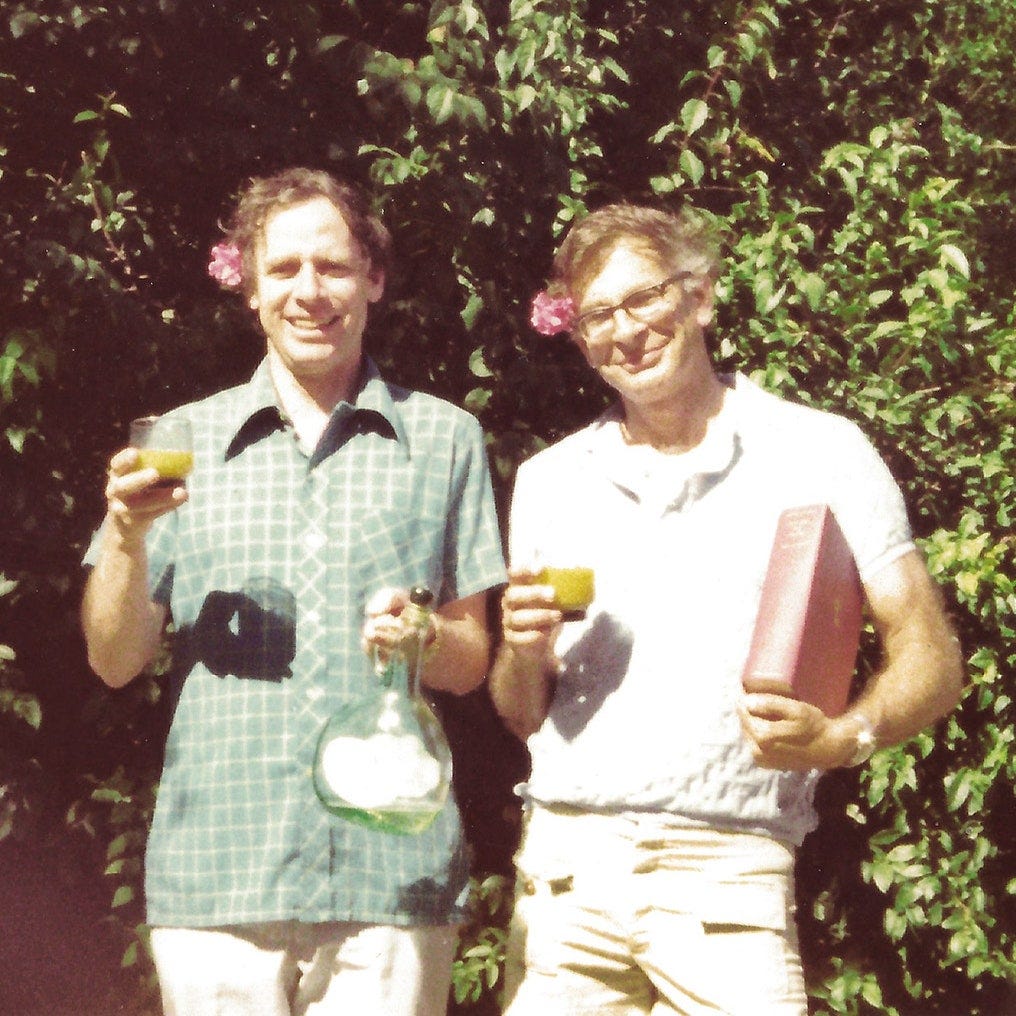#20 - Never Breathe a Word About Your Loss
Aversion, a case for unplugging, and a lot of rubbish
Only one request to write about the Meghan and Harry affair this week. I’ll resist.
After reading Thinking Fast and Slow I’ve been observing my irrationality. It turns out I’m as mad as the rest of them. Remarkable.
Welcome new readers! If you’re reading this but haven’t subscribed you can subscribe here:
Aversion
Until the 1970s we were assumed to be rational. You can hardly blame the earlier generations- why wouldn’t we be? This all changed when the Israeli psychologists Daniel Kahneman and Amos Tversky came along. They suspected we might not be so rational, and after decades of work they proved it.
What’s occupied me this week is their idea of loss aversion.
A simple example:
Consider a coin flip, one side will lose you £100 and the other will win you £150.
Do you take the bet?
Mathematically it’s a no brainer.
50% of the time you’ll win £150 and 50% of the time you’ll lose £100. Your expected value is therefore +£25 each flip. Easy.
However, we’re not machines. We’re loss averse by nature. If you decided against flipping, you’re not alone. Losses loom larger than gains.
Even the wording of a problem can make a difference. Consider the following.
Problem 1
In addition to whatever you own, you have been given £1,000. You are now asked to choose one of these options:
50% chance to win £1,000 OR get £500 for sure.
Which would you pick?
Now try this:
Problem 2
In addition to whatever you own, you have been given £2,000. You are now asked to choose one of these options:
50% chance to lose £1,000 OR lose £500 for sure.
The two problems are logically equivalent. In both cases you’re choosing to get £1,500 for sure or gamble with a 50% chance of £1,000 and a 50% chance of £2,000. BUT chances are you chose the sure thing in problem 1 and to gamble in problem 2. How strange!
The reason? Our reference point is different. So, whilst the outcomes are identical, our mental accounting produces different results.
A Case for Unplugging
It’s that changing of reference that has intrigued me this week. Take my ongoing fundraising effort (making progress!):
I’ll speak to an investor with some expertise we’re missing. It then becomes vital get them onboard. Two days ago I didn’t know this person existed, now the fate of the business hinges on their involvement. Ridiculous. A clear case of loss aversion. The fear of “losing” this person grips me. The good news is there is a cure.
Unplugging.
Much of these irrationalities result from being swept up in the day to day. A long a walk, an evening offline, picking up a good book- they all help. I find it’s at my busiest that I benefit the most from idleness.
A Lot of Rubbish
The true freedom comes from growing comfortable with loss. Things come and go- such is life. There’s an excellent verse in the classic If by Rudiyard Kipling:
If you can make one heap of all your winnings
And risk it on one turn of pitch-and-toss,
And lose, and start again at your beginnings
And never breathe a word about your loss;
Beautiful. That’s the real trick.
It brings to mind a story about Thomas Edison told by his son, Charles. In 1914 Edison’s factory was consumed by fire, destroying much of his life’s work. Whilst the fire raged, Edison walked over to Charles and told him: Go get your mother and all her friends. They'll never see a fire like this again. When Charles objected, Edison said, It's all right. We've just got rid of a lot of rubbish.
Edison, in that moment, was a rational mind. There really is nothing intrinsically bad about loss, it’s all down to our perception. And of course: Every loss is a new beginning.
My Week in Books📚
The Way Home by Mark Boyle
Beautiful. A memoir of Boyle’s year offline in 2018. He moved to a cabin in rural Ireland and cut off from the digital world. And the world didn’t end- who’d have thought it? Hats off to him, I can see the appeal…
Thank you Alex Flory for the recommendation.
Venture Deals by Brad Feld and Jason Mendelson
Very technical- probably one to skip if you don’t plan on raising money any time soon. Although I have to say, I thoroughly enjoyed it.
I’ll be updating the books I’ve read this year here. Any recommendations? Let me know!
A Final Thought 💡
“It's only after we've lost everything that we're free to do anything.”
― Chuck Palahniuk





